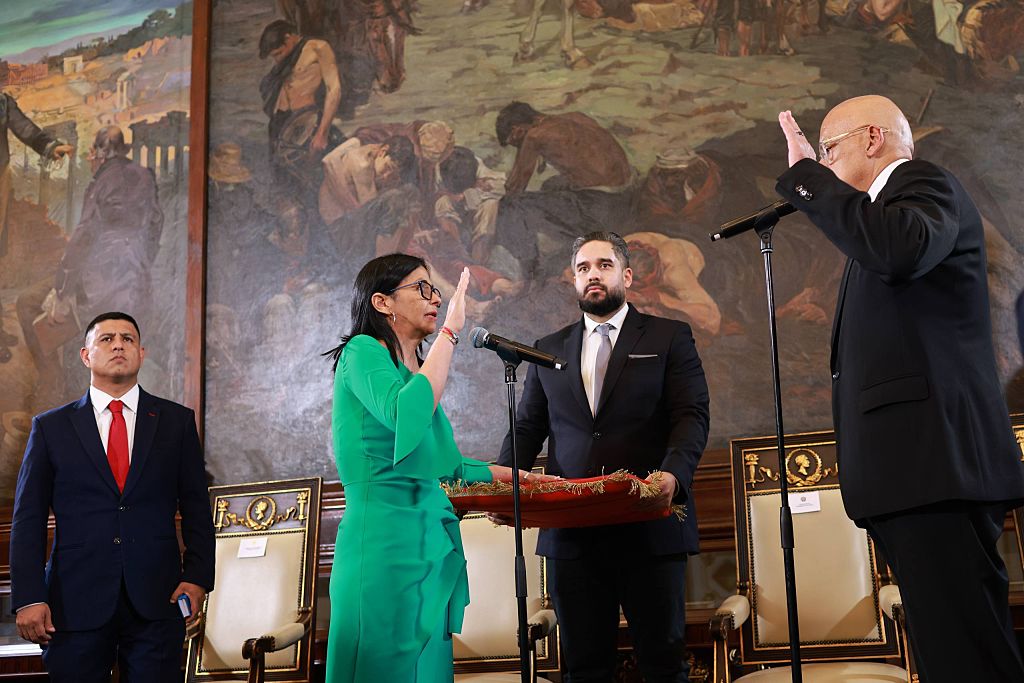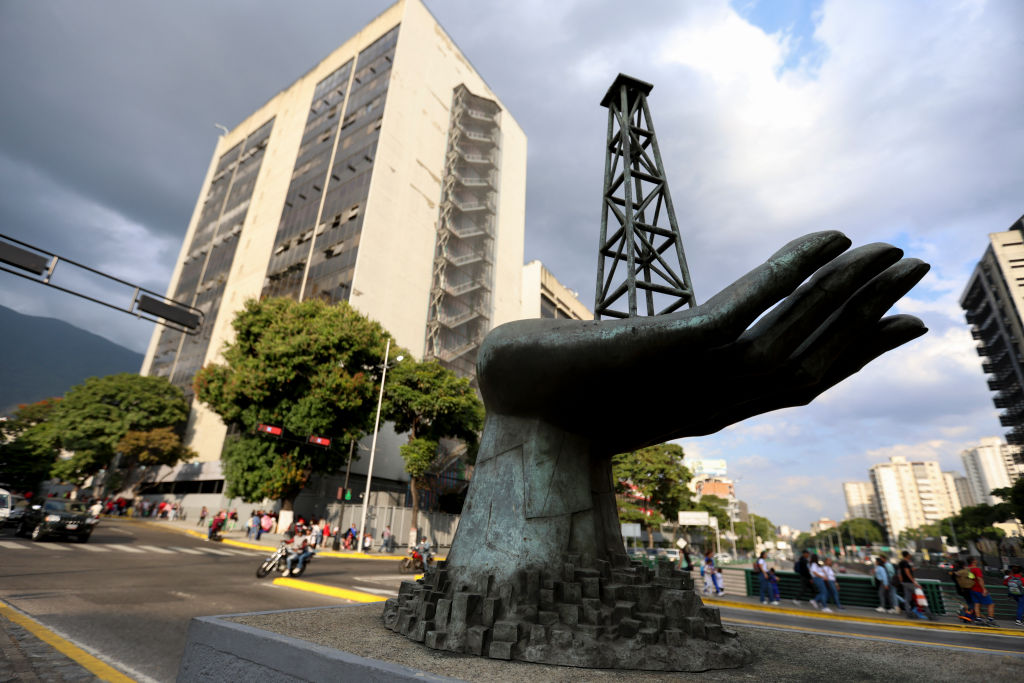The Year Ahead in Latin American Democracy
The Year Ahead in Latin American Democracy
A slew of elections set for the coming year could dramatically change the face of Latin America, writes COA’s Eric Farnsworth for PODER.
A slew of elections set for the coming year could dramatically change the face of Latin America—for better or worse.
Elections matter. And in the coming year Latin America will see no less than eight scheduled elections for president. From Honduras to Chile, the hemisphere faces a collective referendum on the ability of governments to recharge economic growth while meeting the increasing social demands of the people.
Each nation is different, with unique characteristics that impact individual elections. The efforts of the President of Colombia to negotiate lasting peace, for example, are unrelated to Chilean demands for better educational opportunities, Brazil’s slowing economy, or Honduras’ struggle against the illegal narcotics trade. People will vote for whomever they believe offers the best hope for improving their lives. But from countless individual decisions will arise a collective judgment on the direction of the hemisphere. With so many elections pending, in addition to numerous legislative contests, the coming year could prove to be consequential.
Predicting electoral outcomes is tricky. One common thread facing the region, however, is the ever-increasing overhang of unmet expectations by the growing middle classes. It wasn’t so long ago, in fact, that the Inter- American Development Bank in Washington was touting “the decade of Latin America,” as growth outperformed and the region functioned, along with Asia, as a vital engine of global economic growth. Latin America remains a potent economic player, and cannot be considered in the same manner as it was just a few short years ago.
Nonetheless, as China slows, Europe and the United States remain sluggish, and the internal reforms that could have unlocked sustainable economic growth across the region have largely gone begging, the expectations of a growing middle class have remained high. There is less patience now for government inefficiency, institutionalized corruption, or spending decisions that prioritize, say, soccer stadiums above creaking national infrastructure.
The middle class-led street protests and demonstrations that have erupted across the region are fundamentally different from the past. They are bred of a deep frustration of having to put up with inferior schooling, infrastructure, job opportunities, and quality of life just when Latin America’s “rise” was widely predicted and celebrated. Now that progress has stalled in many cases, political cleavages are more likely to appear. Which is where regional elections come in. To win, incumbents and challengers alike will need to convince a majority of voters that they have heard the popular concerns and will be responsive to them. At the same time, slowing economies mean less resources available to distribute to interested communities. Incumbency is not a guarantee of automatic re-election in any nation this time. Re-election will likely require an even greater populist touch. Expect, then, a rhetorical and policy focus on social development. Expect, too, that even friends of the United States such as Brazil, Chile, and Colombia may find it inconvenient to be perceived as being too close to Washington, as candidates play to their bases.
At the same time, democracy itself is on trial in several countries. Elections in Honduras and El Salvador, just to name two, have polarized electorates at just the time when Central America generally and these two nations specifically are hurting. The last thing that either nation needs now is yet another caustic political fight that absorbs the attention and energy of the population—which would be better spent addressing the deep economic and security problems facing them.
Washington should tread carefully, because nobody is much in the mood for policy prescriptions or electoral advice from Big Brother. Still, basic democratic principles are at stake that must be respected. Without Washington as a champion for democracy, working closely with allies and appropriate hemispheric and global institutions, other governments generally avoid taking leadership and democratic institutions deteriorate. At the same time, Washington would do well to develop a strategy for regional engagement that stresses economic development and growth, and prioritizes the tools available to support such an agenda. This would be a positive means by which to come alongside regional leaders in their ambitions to build more productive and responsive societies.
Latin America is embarking upon its latest elections cycle, the first since “the decade of Latin America” was proclaimed. New challenges have subsequently emerged; growth is not as easy yet high expectations remain among the growing and newly assertive middle class. Success in convincing voters of their ability to navigate through these difficulties will be required in order to succeed at the ballot box. Stay tuned: Latin America may look quite different just one short year from today.








